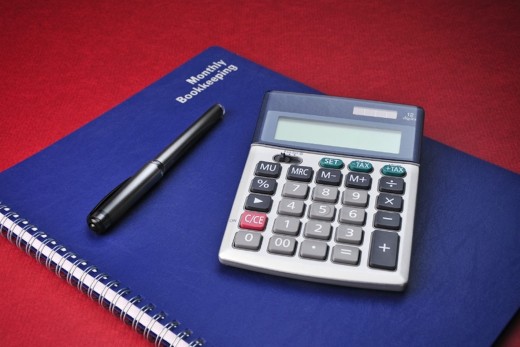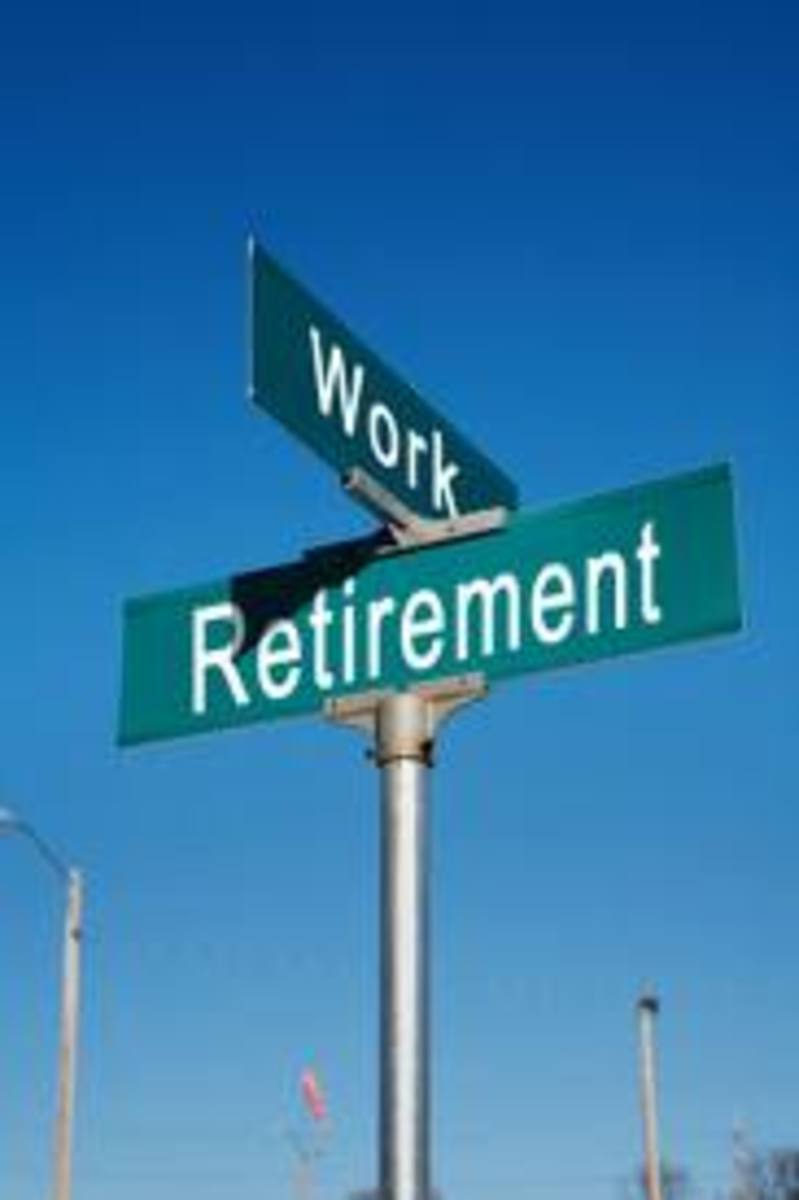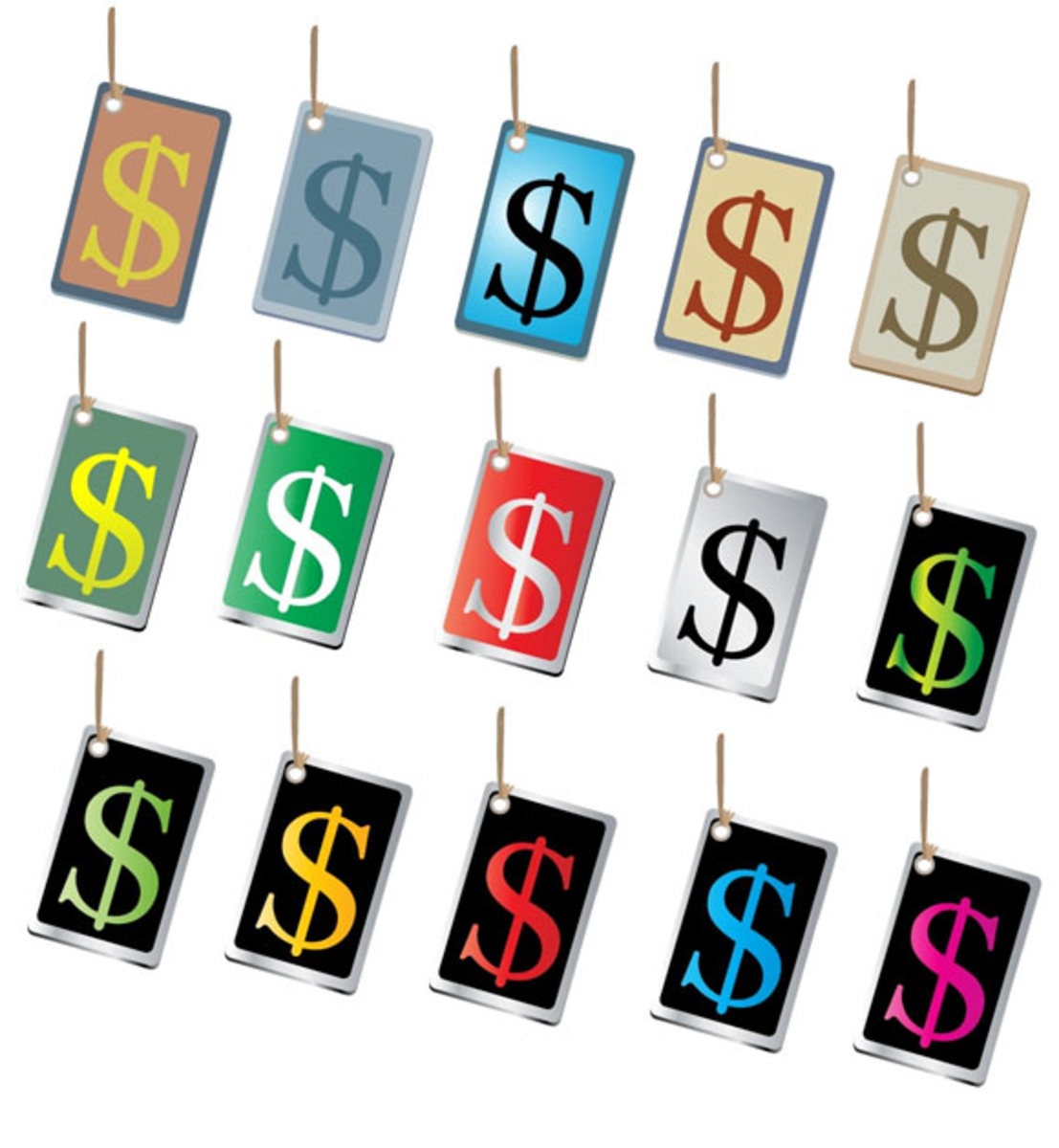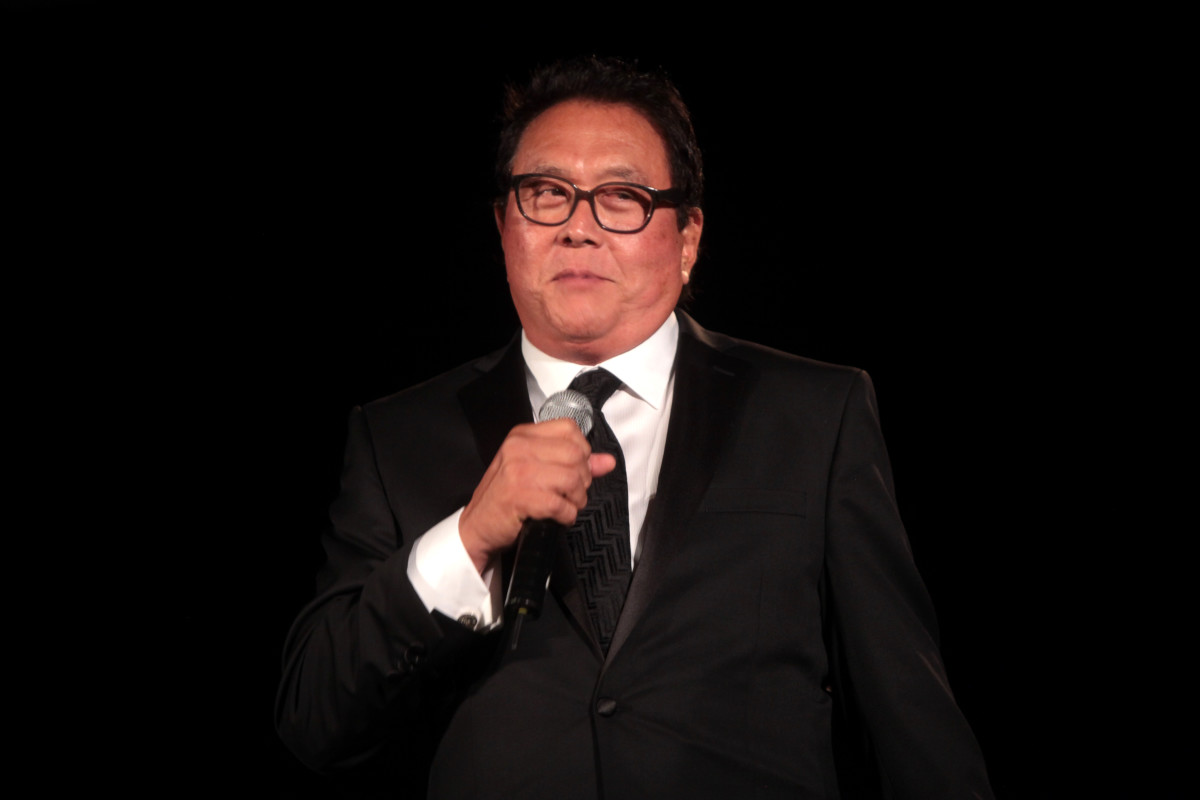How to be Financially Secure?

A Radical Shift in Mindset and Hard Work will create Financial Security.
- Finance Strategies: We would all be a lot richer if we were logical and efficient about making and managing money.
- Money myths abound, many perpetuated by a lack of knowledge or understanding.To make inroads into the kind of financial life we would like these myths need to be imploded.
Are your Financial Goals are Hindered by the following Myths:
1. I don't Need a Financial Advisor.
If, you are serious about your financial security, it is in your interest to speak to someone who truly knows what they are doing.
2. Saving Money is Crucial.
While this is true, not spending money irrationally is vital, but saving alone is not going to create meaningful wealth, it has to multiply. Simply add up the money coming in, deduct what has to go out and put aside the rest in saving and investment.
Forbes : Best Money Advice we ever got.
3. I Don't have enough Money to Start Investing
Even if, you haven't paid off your house and your car, you should still put money into investments. Few people between the ages of 20 - 50 are debt free as they are busy growing their wealth.
Successful investing is creating the right habits early and paying yourself at the beginning of the month. Some investment options require as little as $50 per month, but over time, with compounding interest and a favourable investment selection, it will turn into a considerable sum.
4. The Stock Market is Diving, Cash in your Shares.
The flight instinct ratchets up when the markets take a knock, but it is then that Warren Buffett and other seasoned investors take out their wallets. While the stock market is volatile, and providing you did not invest in companies like Lehman Brothers, those who rode out the 2007 - 2009 meltdown, would have made excellent inflation beating returns today.
5. Renting is throwing you Money Away
Renting can be beneficial depending on who you are and what you do. Initially with a mortgage, you pay off the interest on the loan first, which may be more than your rent cost. You save on rates and taxes, levies and repairs which costs would be for your account if you bought.
6. Owning your Own Home is always a Good Investment
All investments involve an element of risk, though property is generally low risk. If they build a highway next door to you your property value will drop, if the property values rise, you would have to sell the property, and downsize to realise the profit.
Buying a property to rent out is another option, but calculate the cost of the property, including interest on the mortgage, levies, insurance and maintenance and the times between tenants when you have to pay the bond, but the rent is not coming in.
7. You Get What you Pay For.
Expensive doesn't always mean quality, generic drugs being a case in point. Before you buy something simply because the purchase is a habit, consider what truly gives it value.
8. I'm too Young to Worry About Saving for Retirement.
The younger you are, the more years of compound interest you have ahead. Einstein called it 'the eighth wonder of the world', adding "He who understands it, earns it, he who doesn't, pays it."
If you are young there, is nothing to think about, get out there and start doing it.
9. I'm too old to start Saving for Retirement.
The best time to start is in your early 20's, the second best time is now.
Your money won't attain the full benefit of compound interest, and you may end up with $1m instead of $3m.
If you don't need your entire nest egg the day you turn 65, there are ways to make it keep growing until you genuinely need it. Speak to a financial advisor for the best way to play retirement catch up.
10. You only have to beat Inflation.
Beating inflation is often given as the single most critical function of long-term saving, but fighting inflation does not stop at retirement.
The real problem is the changing spending patterns as you age. At retirement you are not dealing with education, new vehicle purchases, new furniture or appliances, but the cost that does become the focus includes medical and pharmaceutical expenses and these costs typically experience inflation way above the norm.
How to get out of Debt Fast
The fact is that pensioners typically get a lot less income - which will increase, at a slower rate than a salary - and have to cope with a higher level of inflation. This is a worldwide phenomenon, where people are struggling to make their savings meet their needs later in life.
How much do I need to Invest In Order to Fund 70% of my Income
(adjusted for inflation) during Retirement?
Investment Start Age
| % of Salary to be Invested.
|
|---|---|
20
| 9.4%
|
25
| 11.9%
|
30
| 15.1%
|
35
| 19.6%
|
40
| 26.1%
|
45
| 35.9%
|
Assuming your salary grows at 6% per annum - Investment grows at 10% per annum Retirement Age is 65 - Years of Income Needed 25 - you will live for 90 years.

Spending Patterns
Tapping into the 401k and any other means of pension fund saving that is tax deductible, will give you the opportunity to save more, without the capital outlay.
Beating inflation is often given as the single most critical function of long-term saving, but fighting inflation does not stop at retirement.
The real problem is the changing spending patterns as you age.
At retirement you are not usually dealing with education, new vehicle, new furniture or appliances purchases, but the costs that do become the focus - are medical and pharmaceutical expenses and these costs experience inflation typically way above the norm.
Pensioners typically get a lot less income - which increases at a slower rate than a salary - and they have to cope with a higher level of inflation.
This is a worldwide phenomenon, where people are struggling to make their savings meet their needs later in life.
Retirement Planning out of the Box (Funny)
Other Help with Money Management
- How Much Should I Save for Retirement?
Here is a guide to what you need to save when you are still in your 20's, 30's, 40's 50's and a special look at those in their 60's. The outcomes may surprise you. - How to Avoid Common Money Mistakes
16 Money mistakes you must not make! Typical and common mistakes that can cost you a lot. Don't let these errors catch you unawares. - Help to Cut your Food Bills
Advice and help on frugal living and saving up to $1400 on your family food budget. Advice on family budget cutting!








